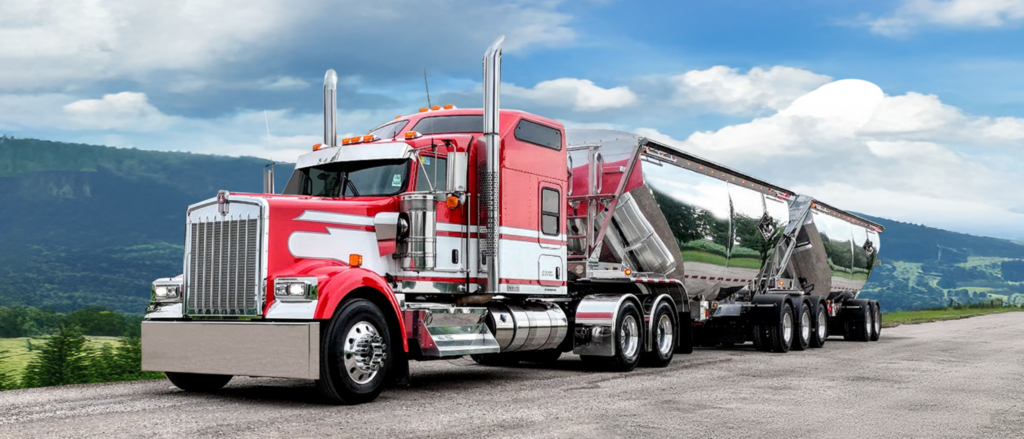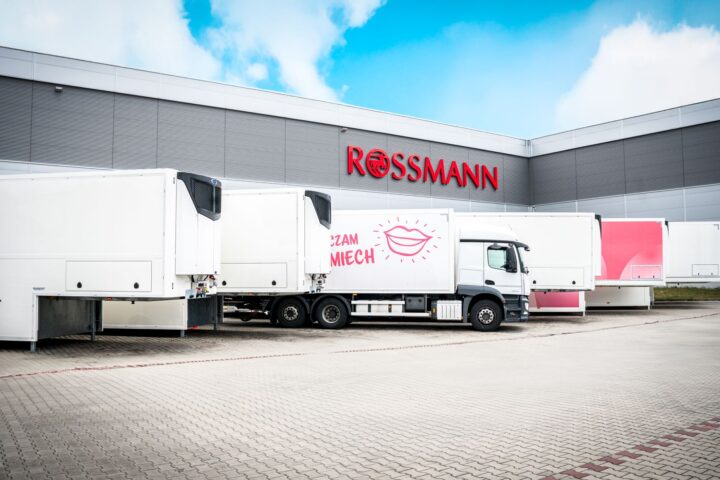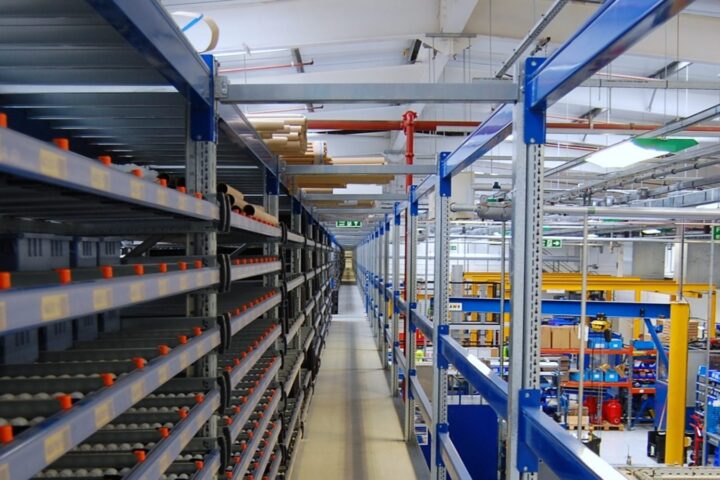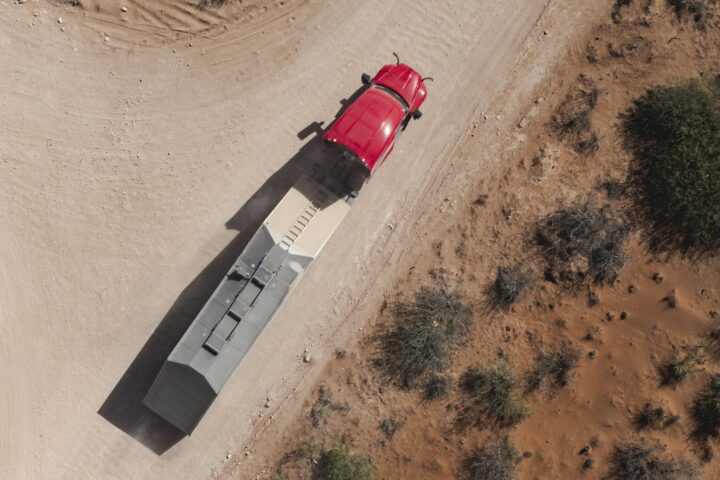A new Canadian-designed and built trailer promises to bring more versatility, efficiency and profitability to grain haulers.
Ayr, Ont.-based Specialized Trailers International has introduced the Diamondback trailer, manufactured by Raglan Industries north of Oshawa, Ont. It was developed to help truckers keep their trailers working year-round, alternating between various commodities such as frac sand and ground glass when grain demand dries up or vice-versa, explains Derek Dutton, president of Specialized Trailers International.

“A lot of western customers take a contract for one or two years hauling frac sand, but at the end of that period it’s not good for anything else,” he said of specialized frac sand trailers. “So, they wanted a big enough trailer they could do grain with and then go back into frac sand. If they buy a trailer strictly for frac sand, which would be stronger and smaller, it’s not usable for anything else. You put it through an auction and lose your shirt on it.”
Specialized Trailers designed a lightweight aluminum roll-formed Super-B trailer configuration with sloped curves for easier emptying and cleaning between loads. The sloped interior prevents grain from sticking up while unloading, which Dutton said improves safety since drivers aren’t having to climb inside to assist with emptying.
“Most of the mills don’t want anyone climbing up there anymore, so this kind of solves that problem,” he noted.

The trailer is all aluminum to maximize payload and prevent corrosion.
“Even the landing gear is aluminum,” Dutton said during a demonstration to trucknews.com at Raglan Industries in late June. Traditional steel trailers typically start to rust after 10-15 years of use, Dutton said, noting the Diamondback is designed to last 25.
After coming up with the idea in response to customer demands for a more versatile, efficient trailer about a year ago, Specialized partnered with Raglan Industries to build a prototype that was toured around Ontario over the past six months to collect feedback from operators.
Their suggestions, such as where grab handles and steps should be placed, were incorporated into the commercially available design.

“We have 20 customers waiting to see this model,” said Dutton, who plans to publicly launch it at the Ag in Motion farm show in Saskatchewan this month. “We have some guys with a standing order saying they want them as soon as we can build them. But we want to make sure it’s fully tested and everything is working the way it’s supposed to before we release them for sale.”
Other features include air-operated gate openers so drivers don’t have to crank them by hand, speeding the unloading process. A manual override is available if needed, but Dutton suggested the air-operated gates are more reliable than electric ones. It also features an oscillating upper coupler to allow the trailer to flex as it’s pulled across uneven fields.
The aluminum construction will come a price tag that Dutton is confident will pay back in the way of extended life expectancy.
“A lot of western customers will buy the usual [grain] trailers and they keep them for four to five years before they start rusting and having cracking problems,” he said. “We’ll say to them, ‘What if you bought a trailer 25 years ago that you’re still using every day? What would that mean to you?’ So, that’s really the proposition we’re bringing to the market.”
He also expects there to be a measurable improvement in fuel economy, something drivers of the prototype noticed but has yet to be fully validated.
“We’re going to run it against other brands of trailers,” Dutton said. “Most of them have flat walls on the face which is just pushing wind like a sail. Whereas with this, the wind tends to roll around the sides. The drivers are noticing how much better they pull on the road and how much less they’re influenced by wind.”
Other products that Dutton anticipates will be hauled in the Diamondback include lime, ground glass, and sand for making shingles – anything that is suitable for gravity unloading.
Buyers are expected to be large western Canada farms that haul their own grain as well as commercial trucking operations.
“We believe we will change the way this is done, much like aluminum flatbeds have taken over from steel,” Dutton said of the design.











